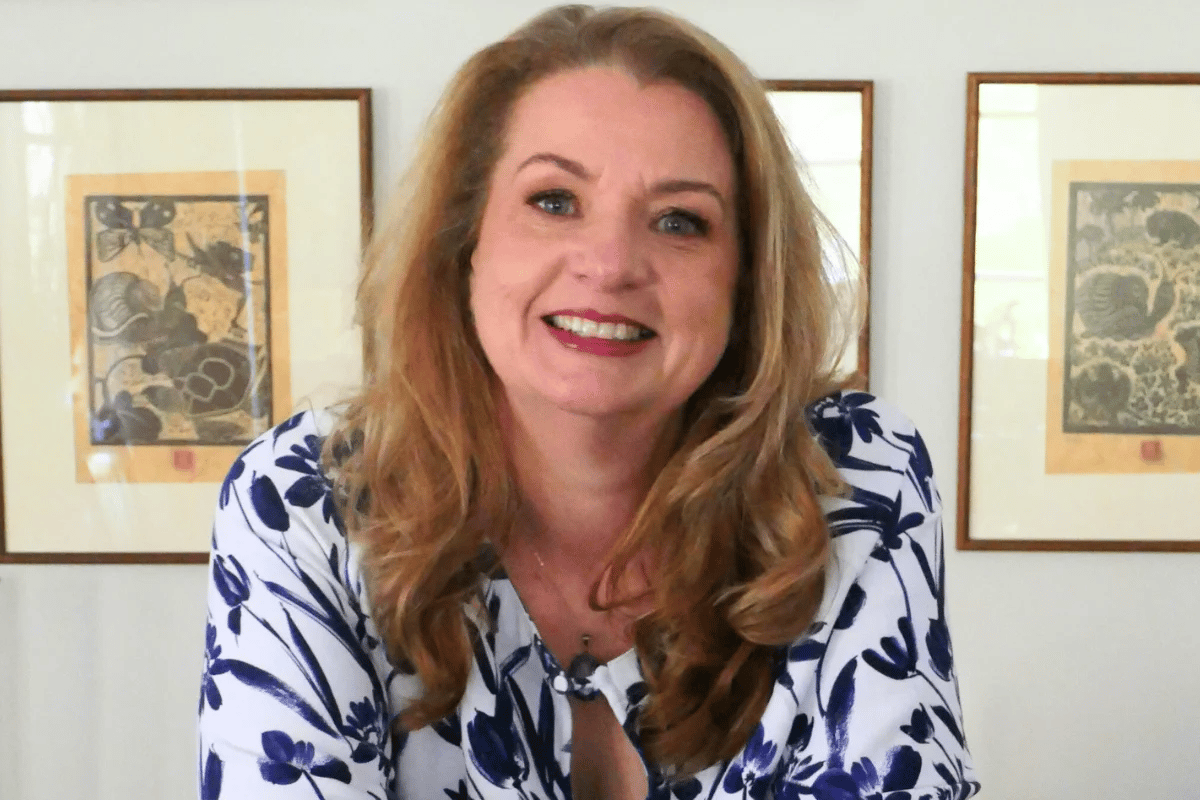
If you want to support independent women's media, become a Mamamia subscriber. Get an all-access pass to everything we make, including exclusive podcasts, articles, videos and our exercise app, MOVE.
When Mel Robinson's kids first moved out of the family home, the silence was deafening. "No doors slamming, no shoes abandoned in the hallway," she said. "It felt like the house exhaled, and I had to learn to breathe with it."
At first, the quiet was discombobulating. After decades of running a household, Mel felt adrift. Who was she, without the constant thrum of other people's needs? But gradually, she began to adjust. She reclaimed the little things that had always been interrupted, hot morning coffee that stayed hot, dinners of her own choice.
"It was ordinary and radical at the same time," she said.
She found herself saying 'yes' again. Yes, to invitations she used to decline, yes to creative projects that had gathered dust, yes to the luxury of simply going for a walk without checking when she'd be needed back.
"It wasn't freedom I found, but permission," Mel said. "Permission to live life on my own terms."
And then came the news: her kids were moving back in. "Honestly? A mix of joy and dread," Mel said. "Joy that I'd have them close, dread that my hard-won space would shrink overnight."
She describes it as putting her "mum hat" back on. "It was like slipping into an old coat — familiar, but suddenly too tight across the shoulders."
Watch: Children, grown and young, are an unpredictable source of change. Check out this clip of BAYH that explains the grief that comes with these kind of life transitions. Post continues below.




























































































